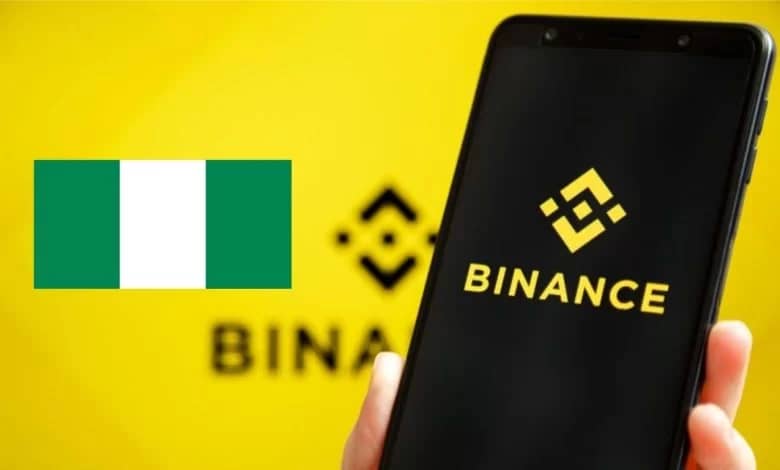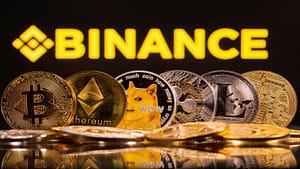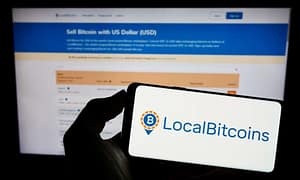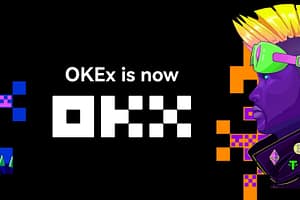
In recent times, the cryptocurrency landscape in Nigeria has experienced significant shifts with problems with P2P trading in Nigeria, with regulatory actions impacting popular platforms like Binance. Amidst the uncertainty surrounding Binance’s operations in the country, many traders are seeking reliable alternatives to continue their crypto journey. P2P (peer-to-peer) trading platforms emerge as viable options, providing a decentralized approach to buying and selling cryptocurrencies.
Here, we delve into five alternatives for P2P trading in Nigeria, offering a glimpse into the diverse ecosystem beyond Binance.


1. LocalBitcoins


LocalBitcoins stands as one of the pioneering P2P cryptocurrency exchanges globally, facilitating peer-to-peer trades since 2012. With a presence in over 100 countries, including Nigeria, LocalBitcoins enables users to buy and sell Bitcoin directly with each other using various payment methods such as bank transfers, cash deposits, and online wallets. Its intuitive interface and escrow service ensure secure transactions, making it a preferred choice for many Nigerian traders.
2. Paxful


Paxful has gained traction as a user-friendly P2P marketplace for buying and selling Bitcoin and other cryptocurrencies. Launched in 2015, Paxful offers a diverse range of payment methods tailored to suit the Nigerian market, including bank transfers, gift cards, and mobile money. The platform’s escrow system and dispute resolution mechanism provide added security, fostering trust among users. Paxful also supports a wide array of altcoins, catering to the evolving needs of traders.
3. Remitano


Remitano presents itself as a reliable P2P trading platform that prioritizes user security and convenience. Established in 2016, Remitano offers a seamless trading experience for cryptocurrencies like Bitcoin, Ethereum, and USDT. With its intuitive interface and robust security features, including two-factor authentication (2FA) and an escrow system, Remitano ensures a safe environment for buyers and sellers to engage in peer-to-peer transactions. The platform also provides 24/7 customer support to address any concerns promptly.
Read also: 10 Key Reasons Behind Binance Ban in Nigeria
4. OKX Exchange


OKX Exchange, a global cryptocurrency exchange, offers a P2P trading platform that caters to the Nigerian market. With a wide range of cryptocurrencies available for trading and multiple payment methods supported, including bank transfers and mobile money, OKX Exchange provides Nigerian traders with a secure and efficient platform to buy and sell cryptocurrencies peer-to-peer. The platform’s user-friendly interface and commitment to compliance make it an attractive option for those seeking alternatives to centralized exchanges like Binance.
5. LocalCryptos
LocalCryptos distinguishes itself as a privacy-focused P2P marketplace, allowing users to trade cryptocurrencies peer-to-peer without the need for intermediaries. Founded in 2017, LocalCryptos offers a wide range of cryptocurrencies, including Bitcoin, Ethereum, and Litecoin, along with multiple payment options such as bank transfers and PayPal. The platform’s end-to-end encrypted messaging ensures privacy and security, empowering users to transact with confidence.


As regulatory pressures impact centralized cryptocurrency exchanges like Binance, the demand for decentralized P2P trading platforms continues to rise in Nigeria. These five alternatives provide Nigerian traders with diverse options to buy and sell cryptocurrencies securely, offering features tailored to meet their specific needs. While the landscape may evolve, the resilience of P2P trading platforms underscores their importance in fostering a vibrant cryptocurrency ecosystem in Nigeria.
In navigating the shifting dynamics of the cryptocurrency market, traders are encouraged to conduct thorough research and exercise caution when engaging in peer-to-peer transactions. By embracing decentralized platforms and staying informed about regulatory developments, Nigerian traders can adapt to challenges and seize opportunities in the ever-changing world of cryptocurrencies.















